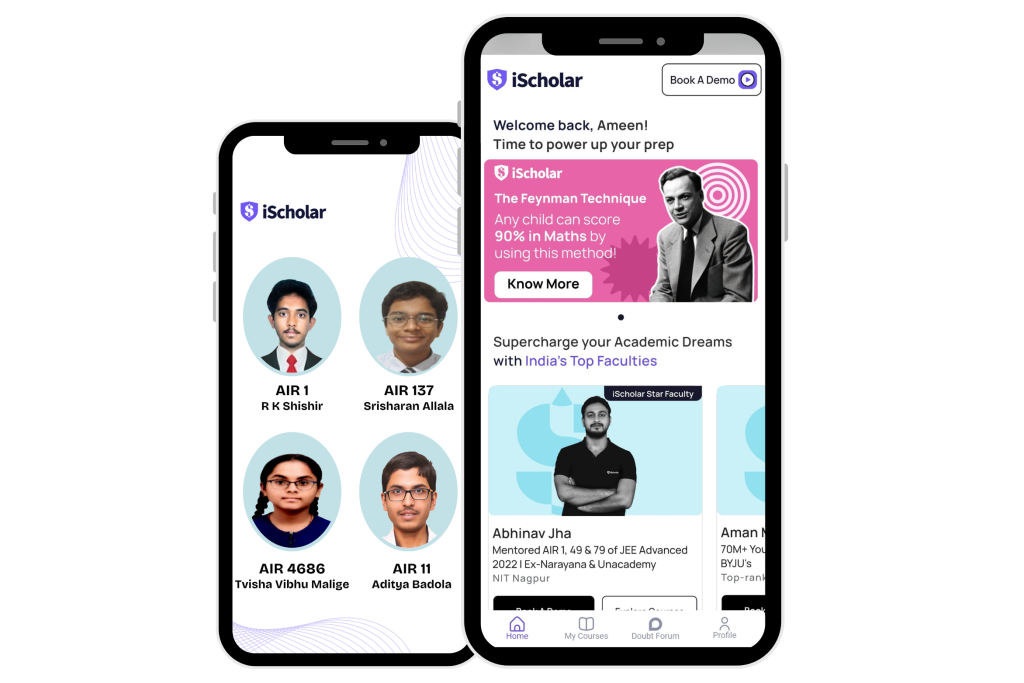The Joint Entrance Examination (JEE) is one of the most competitive engineering entrance exams in the world. It’s no wonder that students feel anxious and stressed in the months leading up to the exam. Here is stress buster that can help you improve your performance.
This blog post will discuss some effective stress buster techniques to help you manage JEE exam anxiety and boost your mental resilience.
Understanding JEE Exam Anxiety
JEE exam anxiety is a normal reaction to the pressure of the exam. It can manifest in various ways, including:
Physical symptoms:
Increased heart rate, sweating, trembling, muscle tension, headaches, fatigue, digestive problems
Emotional symptoms:
Irritability, nervousness, worry, fear of failure, difficulty concentrating
Behavioral symptoms:
Avoiding studying, procrastinating, withdrawing from social activities
Why is it important to manage stress?
Chronic stress can have a detrimental impact on your physical and mental health. It can lead to:
- Impaired cognitive function: Difficulty concentrating, memory problems, poor decision-making
- Emotional exhaustion: Burnout, apathy, loss of motivation
- Physical health problems: Weakened immune system, increased risk of heart disease, high blood pressure
Effective Stress-Busting Techniques
The good news is that there are many effective techniques to manage JEE exam anxiety and boost your mental resilience. Here are a few tips:
1. Identify your stressors:
The first step to managing stress is to identify the specific things that are causing you stress. This could be anything from the pressure of expectations to the fear of not doing well on the exam. Once you know what your stressors are, you can start to develop strategies to address them.
2. Develop a healthy lifestyle:
Taking care of your physical health can significantly impact your mental well-being. This means eating a healthy diet, exercising regularly, and getting enough sleep. A healthy lifestyle will help you feel more energized and focused, which can help stress buster.
3. Practice relaxation techniques:
Relaxation techniques such as deep breathing, meditation, and yoga can help calm your mind and body. These techniques can be especially helpful when you’re feeling overwhelmed or anxious.
4. Seek professional help if needed:
If you’re struggling to manage stress on your own, don’t hesitate to seek professional help. A therapist can teach you additional coping mechanisms and provide support as you work through your anxiety.
Additional Stress-Busting Tips
Here are a few additional tips that can help you manage JEE exam anxiety:
Set realistic expectations:
Don’t put too much pressure on yourself to get a perfect score on the JEE. Set realistic goals for yourself and focus on making steady progress.
Create a study schedule and stick to it:
Having a regular study schedule can help you feel more organized and in control. But make sure to schedule breaks and downtime so you don’t burn out.
Join a study group:
Studying with friends can help you stay motivated and on track. It can also be a great way to learn from others and share tips.
Remember, you’re not alone.
Many students feel anxious about the JEE. It’s important to remember that you’re not alone and that there are many resources available to help you manage your stress. By following these tips, you can develop the mental resilience you need to succeed in the JEE.
Conclusion
The JEE is a challenging exam, but it’s important to remember that you have the ability to succeed. By managing your stress and taking care of your mental health, you can set yourself up for success on the exam and in life.





